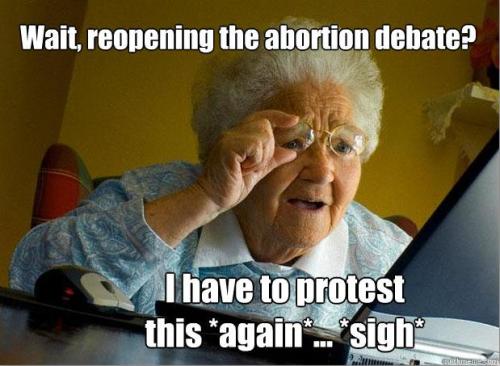As I also mentioned in my previous post, I am able to convince people to use, or at least try, my ideas far more often than would be attributable to pure chance. In my previous post, I took this as a sign that my ideas are not without merit and I'm not entirely incapable of being convincing.
But what if people are more likely or less likely to be blinded by popularity under certain circumstances or conditions? What if there was some common condition present in my elementary school classrooms, in LCBO leadership, and in Toronto City Council that wasn't present in my workplaces and my high school and university classrooms?
One thing I have noticed, although it's possible this is subject to confirmation bias, is that others seem more likely to be blinded by popularity in cases where it is not logistically possible for me to implement my idea myself. In my job, I can do things my own way unless specifically instructed by my boss or a client to do otherwise. I don't need others to agree, I just need the people who can boss me around not to disagree. Nevertheless, nearly every idea I share in the workplace gets at least tried by at least one person. And, of all my ideas (not just in the workplace, but in life in general), the ones that get picked up the most are my mnemonics, and it makes literally no difference to me whatsoever if other people use them.
But when it comes to something like changing plastic bag policy, which I can't in any way make happen by myself and am dependent on governments and retailers to implement, I'm automatically dismissed because I'm advocating for something other than the most popular idea.
What if there's something in here that's indicative of a broader pattern of when people are open to ideas vs. being blinded by popularity?
But when it comes to something like changing plastic bag policy, which I can't in any way make happen by myself and am dependent on governments and retailers to implement, I'm automatically dismissed because I'm advocating for something other than the most popular idea.
What if there's something in here that's indicative of a broader pattern of when people are open to ideas vs. being blinded by popularity?

